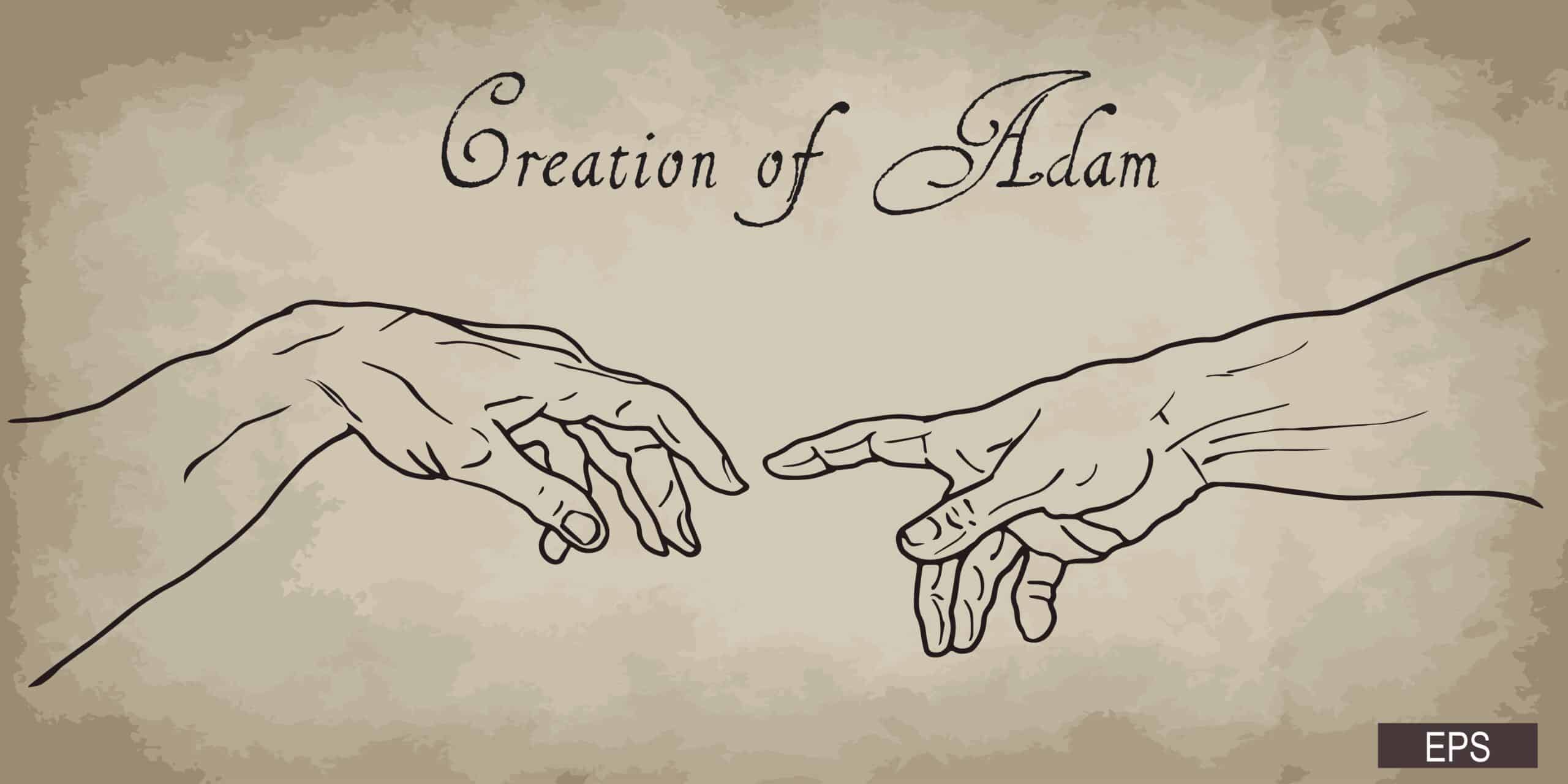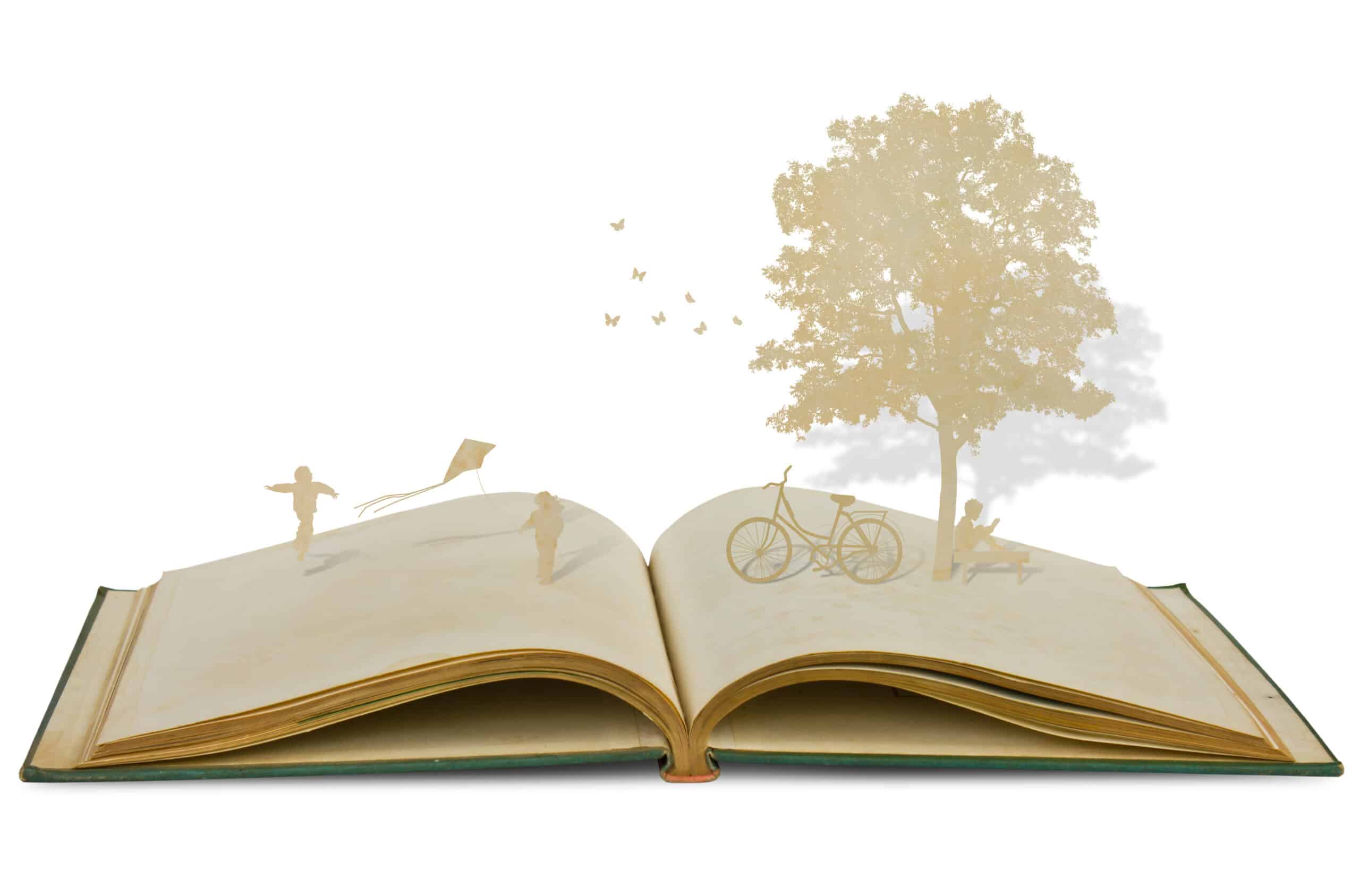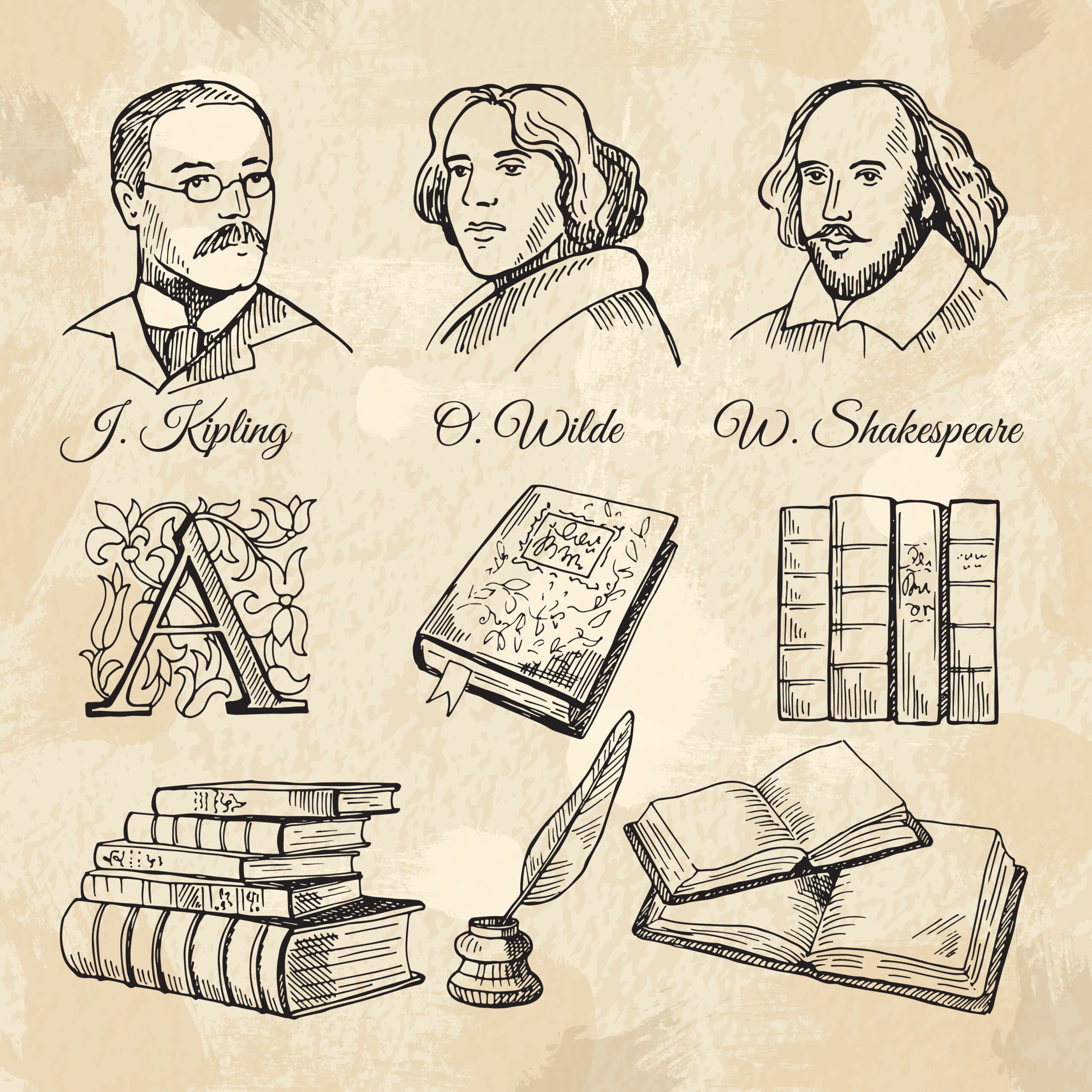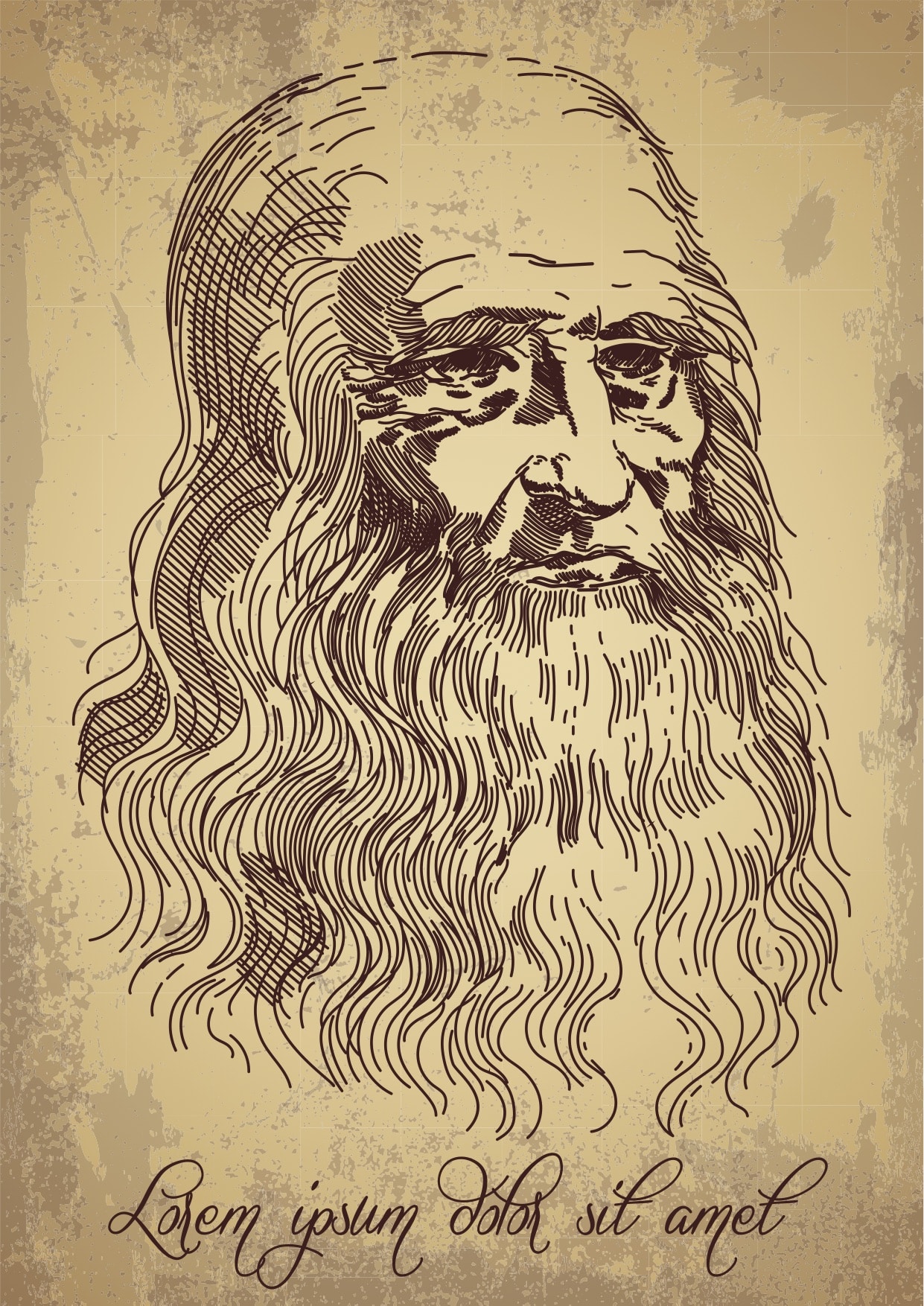A friend recently asked me why I chose Christian Classical Education for my children. As I considered how to answer this question, several other questions arose that needed attention first. For instance, why does anyone choose any particular model of education for their child? What are the goals and proposed outcomes of any education? What are my parenting aspirations and hopes for my kids? In answering these questions, it became all the more evident to me just why I chose to pursue a classical education for my children.
1. Raising Worshipers Who Love the Creator
In a class I took recently, we covered a unit on the process of discernment — a fascinating topic and one I hadn’t spent much time considering in the past. Interestingly, I believe this is the exact issue at hand when choosing a good education for our children.
I recognize that it is a privilege to have more than one educational option available to us — and with humble gratitude, I also recognize that the options have opened to us by the gifts and provisions of others — most of whom are unknown to us. But, perhaps the first and most straightforward answer to the question “why a classical education” is that my ultimate goal as a parent is to raise genuinely engaged worshipers of Jesus Christ in my home.
If God allowed children to be born into or integrated into our family, I want them to grow in the grace and knowledge of the God that created them and gave them the first gift: that of life. In Elizabeth Liebert’s The Way of Discernment, she spends a whole chapter given to the notion of discerning God’s voice through observing nature. How can I develop in my children the ability to commune with and love God? In one sense, it may begin with a true, right, and good honoring of nature: the world God made and the glimpses of Him we see in creation. How will they come to love the God of nature if their education skims the surface and only gives nature a cursory glance? I’m sure you could argue this appreciation of nature should be the responsibility of parents. Still, I prefer my children to experience the wonders of nature interwoven throughout all their educational experiences. A classical education inspires true worship in my children by involving my children — from the youngest child to the soon-to-be high-school graduate — in observing and delighting in the created order.
The youngest children in a classical school will spend significant time paying attention to the detail of a leaf, a pine-cone, or a flower. Not only will they learn about them, but they will paint them in watercolors or use pencils to create sketches and drawings. The educational experience of these young students will span both the cognitive stretches involved in scientific rigor and the artistic detail required to reproduce images of the world God has made. The word ‘science’ will be introduced at a later stage, at which point the students will already have a rich background in studying the world scientifically. At this point, they are eager and excited to expand on the wonder of the world God has created — from the largest things imaginable, like planets and stars, to the tiniest observable data, like the structure of a cell under a microscope.
2. Raising Worshipers of God Rather Than Self
Why is it that the nature aspect of classical education is so powerful? I quote from Liebert:
“Nature helps adjust our perspective, moving it from ours toward God’s. We begin to see ourselves not as the center of the universe, but as one small part of a vast and interconnected web that is God’s creation. Nature invites us to a new and freeing humility.”
This, in essence, is the point of education — to move us out of our natural state of self-absorption to open our eyes to see what God has set before us. It is no surprise to me that God put our eyes in our head to face outwards and that we need tools such as mirrors to look back at ourselves (which, in the metaphorical sense, is, of course, a worthwhile and commended practice).
Education places the child in the context of material to be explored — the difference in a classical model is what that material is. Classical education is rooted in the notion that the world of nature, of literature, art, music, theology, philosophy, and science has the richest treasures to be unfolded and are all there for the taking. Classical educators seek to expose and delight in rich living texts and the joyful engagement with beauty — of nature, yes, but also of the greatest works of art and music ever known to exist throughout history. I wanted my children to learn to delight in the gifts God has given the world through the intellects, talents, and productivity of the greatest artists, thinkers, playwrights, musicians, and scientists of all time.
3. Raising Worshipers Who Recognize Their Place in God’s World
I chose classical education because there is an undeniable ethical or moral outcome for different models of education. Is the aim of education for children to accumulate the most knowledge they can so as to be as successful as they can be in order to feel a sense of satisfaction in themselves and their accomplishments?
Well, I won’t deny that I’d like my children to feel satisfaction and pride in their achievements, but I can’t say that is my highest goal for them. If they learn to love God rightly, and love the world God made, then the natural outflow of this love will be to love who they are in the world — they will have a natural sense of responsibility to God for the world, for the gifts God gives them, and for others as God’s loved image-bearers.
A classical education emphasizes all these things — but leads to a place of personal response to the truths children are exposed to. If I were to ask my classically educated children if their education should simply aim to fill their minds and lives with rich, exciting knowledge, they would, without hesitation, claim the opposite. They would tell me that the point of their education is to induce a response in them — a response of humility, gratitude, and service.
One aspect that is highlighted throughout my children’s education is the importance of self-sacrifice. In a recent email from a teacher in our school (Thank you, Mr. Atchison), he said the following:
“Women should never out-serve men. This is not the example Christ has set for us. From holding doors to picking up dropped items to carrying heavy objects, to dying in battle, we are called to serve and lead through our service.”
This is the kind of influence I want in my children’s lives. I want them to hear and know what the right follow-through looks like. I want them to observe it in action, but I also want them to be called to imitate, with mature self-sacrifice, those who demonstrate humility in service.
4. An Inducement to Wonder
As I indicated earlier, one of the biggest draws to a classical education for me as a parent was what I perceived to be a loss of inspiring wonder at the magnificence of nature in other education models. It was more or less a hunch or an intuitive observation that I’d find what I was longing for — for my children to experience this kind of awe-of-the-natural-world — in a classical education. And my hunch proved correct. It is not the end goal that I want my kids to be curious, engaged learners, but rather an important part of the process of their formation as whole persons. It is wonder that leads to greater curiosity, greater questions, expansive views of the world, and greater discoveries. I see some of the results of this kind of education in all my children, but I’ll use one conversation in particular to illustrate my point.
As my family sat around to discuss the latest news regarding the Coronavirus pandemic that has captured the world’s attention, my 11-year-old started to ask questions. He was interested in how the virus grows. We explained that it transfers between people, and that’s why we’re big into washing hands and keeping distances. ‘No, I know all that,’ he said, ‘I mean, how does it grow, like, within a person, after they’ve gotten the virus, how does it increase within them?’ At this point, we realized that since none of us are virologists, we were not equipped to answer this question. ‘Well, that’s a complicated process we don’t really understand ourselves,’ we told him. His reply indicates the level of his thinking (and wonder) around this issue, ‘Well, I figure if they could understand how it grows within someone, then they could probably come up with ways to stop that from happening.’
My son’s little mind pondered all the factors involved in illness, contagion, virus-replication within a host, the host cells’ defensive mechanisms, etc. Even though he didn’t have the proper vocabulary for these processes, his mind was trying to find the facts, see how they relate to each other, and develop a possible solution. This is what a classical education does — it presents the world to children and opens up their minds to both wonder and curiosity. I believe the fruit of such an education will prove over the coming decades to be world-changing.
Why am I so passionate about this matter of wonder? Because to me, it has everything to do with how our children grow to view God. In the preface to Knowledge of the Holy, A.W. Tozer speaks to the issue of turning our gaze to the grandeur of God:
“The message of this book does not grow out of these times, but it is appropriate to them. It is called forth by a condition which has existed in the Church for some years and is steadily growing worse. I refer to the loss of the concept of majesty from the popular religious mind…This she has done not deliberately, but little by little and without her knowledge; and her very unawareness only makes her situation all the more tragic.”
Classical education is deliberate in re-orienting its subjects to wonder — of nature, yes, but in a Christian education model, it re-orients to the wonder of God and His central place in all He has made. Classical education seeks to increase in students an awareness of God’s grandeur and inspires them to a right worship and appreciation of Him, His world, and their place in it.
5. The Re-Claiming of “Should”
In my upcoming work as a Spiritual Director, I will heavily avoid the use of the word ‘should.’ Mature adults ‘should’ find ways to move past the ‘should’ into the realm of ourselves being shaped and changed from within to a shifting of our desires to align with God’s desires for us. That said, I still believe that the ‘should’-ing (to coin a new phrase?) of children is still quite appropriate to their moral and human development. It is a passe concept these days because we’d like to think that we can induce better instincts and impulses in young people by other means than to present them with ‘shoulds.’ I understand and, to some degree, embrace this effort. However, as I observe human development in my own growing human experiments (otherwise known as children), I now realize that the ‘shoulds’ are powerful, right, and good tools and fit nicely with developmental stages of inner growth as persons.
Classical Education does not shy away from presenting expectations, challenges, and even moral obligations to children. Here is an example from my own life: One particular day, I entered the bathroom searching for something. Upon my exit, I was met with the shocked, horrified face of my daughter. She followed up with a loud proclamation, ‘Mommy! You didn’t wash your hands!’ She had been listening for the telltale water sloshing that she expects before a person emerges from the bathroom! I explained that I only went looking for something, and this report excused me from her judgment. At eight, she already believes heavily in the ‘should’s’ of life, and for that, I am grateful.
The idea behind the initial ‘should’s’ is that eventually, the should’s will produce habits that will become second nature—the things we are programmed (and programming ourselves) to do without much effort or forethought. Eventually, after habits are formed, character traits might develop, for example, caring. Even later, an internal desire to do what is right because it brings its own reward with it (peace and self-satisfaction, to name a few) might emerge. It might look like this (if you are a linear thinker unlike me):
—-MUST—-SHOULD—-HABIT—-CARE—-DESIRE—-
The ‘MUST‘ is placed on children as mandates that must be followed. They are not given options or choices—they are required to hold a parent’s hand to cross a road, they are required not to touch a hot stove, they are required to attend school even if they don’t want to.
‘MUSTS’ are the first in the line of forming the inner self of a child. But this phase gives way quickly to the ‘SHOULD’ phase—where the child is still very much required to do certain things, but in the ‘SHOULD,’ there is an aspect of inner-self-will as the motivator. This motivator, even if it is guilt (which in mature adults we tend to think of as a negative form of motivation and not very productive in the long-run), in children, is a crucial aspect of their inner moral development.
I think it is a fad to take adult moral development and formation and impose adult-like principles onto children. Just as we have pediatric medicine, which acknowledges differences in the biology of children and adults, we ought to also note that children are under-developed adults who need different kinds of motivators than adults who have already walked these well-worn paths to adulthood.
After the ‘SHOULDS‘ have taken root, we would hope for HABITS to develop that will serve the child throughout their lives as conscientious contributors to society. But HABIT formation, though crucial, is not the end goal.
The goal of HABIT formation is to eventually lead a child to a place of actually caring that they implement the habits suggested and prescribed to them. In the case of washing hands, as a basic hygiene habit, we would expect children to eventually CARE that they wash their hands in case they bring germs into their body and suffer harm, or that they CARE that they keep clean because it allows them to have friendships that aren’t off-putting.
But even though CARE is good, the ultimate goal is to reach DESIRE, where inner desires are shaped and formed to motivate and fuel the child to doing what is right, good, and pleasing simply because they want to. To stick with our hand-washing illustration, eventually, they will simply want their hands to be clean at all times.
Classical education does not ignore that ‘SHOULDS’ have a significant place in forming the child’s inner self. It recognizes that the wholesome integration of the child in his inner self leads to habits and practices that form him outwardly. It is this appropriate use of ‘SHOULDS’ that I appreciate in the classical approach to education. I want my children to have an inner moral compass, that over time develops into their desires being shaped towards what is right, good, true, and holy.
But inner desires simply do not blossom overnight out of a vacuum. They often come through the harder pathways of MUST, SHOULD, HABIT, and CARE.
There are far more than six reasons I chose classical education for my children. Perhaps some of those will be a future blog. But for now, suffice to say, I chose Christian Classical Education for my children through discerning a path away from both public school and homeschool. Each step has been by faith, as we have relied on God to lead us and provide for all that was needed for our children to transition to a Classical Christian school. We have never looked back and are so grateful that there is a place accessible to us where our children can be cultivated into true worshipers of the God Who is Truth and Beauty.





